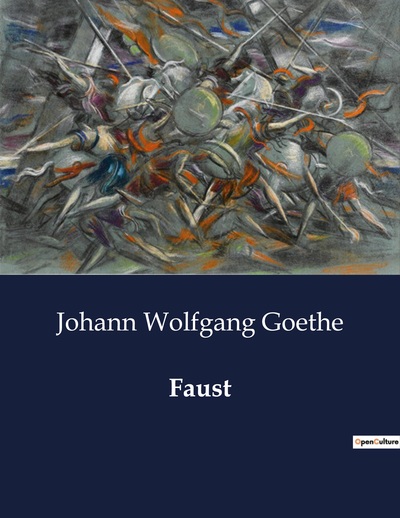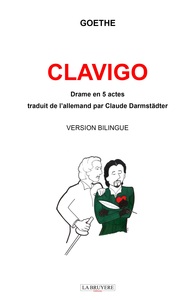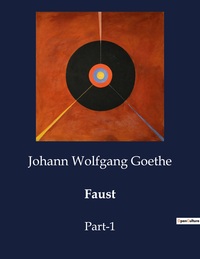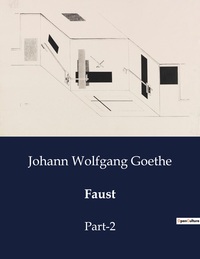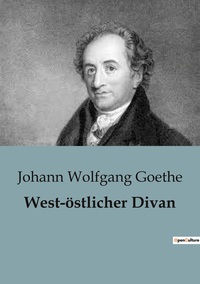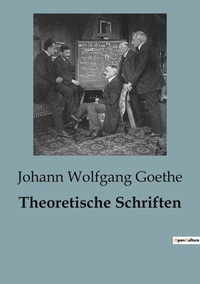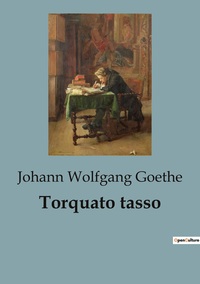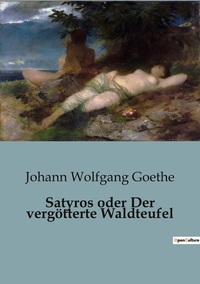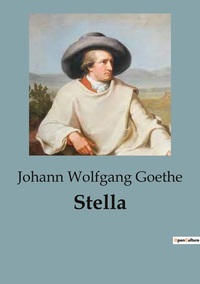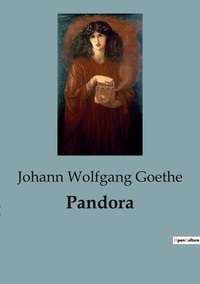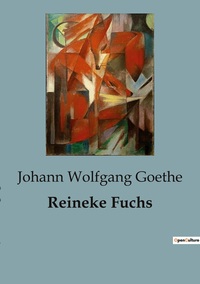Nous utilisons des cookies pour améliorer votre expérience. Pour nous conformer à la nouvelle directive sur la vie privée, nous devons demander votre consentement à l’utilisation de ces cookies. En savoir plus.
Faust
EAN : 9791041995769
Édition papier
EAN : 9791041995769
Paru le : 2 avr. 2024
19,00 €
18,01 €
Disponible
Pour connaître votre prix et commander, identifiez-vous
Notre engagement qualité
-
 Livraison gratuite
Livraison gratuite
en France sans minimum
de commande -
 Manquants maintenus
Manquants maintenus
en commande
automatiquement -
 Un interlocuteur
Un interlocuteur
unique pour toutes
vos commandes -
 Toutes les licences
Toutes les licences
numériques du marché
au tarif éditeur -
 Assistance téléphonique
Assistance téléphonique
personalisée sur le
numérique -
 Service client
Service client
Du Lundi au vendredi
de 9h à 18h
- EAN13 : 9791041995769
- Réf. éditeur : 341810
- Date Parution : 2 avr. 2024
- Disponibilite : Disponible
- Barème de remise : NS
- Nombre de pages : 134
- Format : H:220 mm L:170 mm E:8 mm
- Poids : 220gr
- Résumé : "Faust" by Johann Wolfgang von Goethe is a monumental work of German literature that explores themes of ambition, knowledge, and the human condition. Divided into two parts, the play tells the story of the scholar Faust, who makes a pact with the devil, Mephistopheles, in exchange for worldly pleasures and limitless knowledge. At the heart of the narrative is Faust's relentless pursuit of knowledge and experience, which leads him on a journey of self-discovery and moral reckoning. Through his encounters with Mephistopheles and various other characters, Faust grapples with questions of morality, free will, and the nature of existence. Goethe's "Faust" is celebrated for its rich language, complex characters, and profound philosophical insights. The play delves into the depths of human desire and aspiration, exploring the consequences of unchecked ambition and the search for meaning in a world fraught with temptation and disillusionment. In addition to its philosophical depth, "Faust" is also renowned for its theatricality and dramatic spectacle. From Faust's encounter with the seductive Gretchen to his journey through the classical world and beyond, Goethe's play is filled with vivid imagery and powerful scenes that continue to captivate audiences to this day. "Faust" is widely regarded as one of the greatest works of Western literature, and Goethe's exploration of the Faustian bargain has left an indelible mark on the literary and cultural landscape. With its timeless themes and enduring relevance, "Faust" remains a masterpiece of world literature that continues to inspire and provoke readers with its profound insights into the human condition.
- Biographie : Johann Wolfgang Goethe, ab 1782 von Goethe (* 28. August 1749 in Frankfurt am Main; † 22. März 1832 in Weimar, Großherzogtum Sachsen-Weimar-Eisenach), war ein deutscher Dichter und Naturforscher. Er gilt als einer der bedeutendsten Schöpfer deutschsprachiger Dichtung. Goethe stammte aus einer angesehenen bürgerlichen Familie; sein Großvater mütterlicherseits war als Stadtschultheiß höchster Justizbeamter der Stadt Frankfurt, sein Vater Doktor der Rechte und Kaiserlicher Rat. Er und seine Schwester Cornelia erfuhren eine aufwendige Ausbildung durch Hauslehrer. Dem Wunsch seines Vaters folgend, studierte Goethe in Leipzig und Straßburg Rechtswissenschaft und war danach als Advokat in Wetzlar und Frankfurt tätig. Gleichzeitig folgte er seiner Neigung zur Dichtkunst. Die ersten Anerkennungen in der Welt der Literatur erzielte er 1773 mit dem Drama Götz von Berlichingen, das ihm nationalen Erfolg eintrug, und 1774 mit dem Briefroman Die Leiden des jungen Werthers, dem er sogar europäischen Erfolg verdankte. Beide Werke sind der literarischen Strömung des Sturm und Drang (1765 bis 1785) zuzuordnen. Als 26-Jähriger wurde er an den Hof von Weimar eingeladen, wo er sich schließlich für den Rest seines Lebens niederließ. Er bekleidete dort als Freund und Minister des Herzogs Carl August politische und administrative Ämter und leitete ein Vierteljahrhundert das Weimarer Hoftheater. Die amtliche Tätigkeit mit der Vernachlässigung seiner schöpferischen Fähigkeiten löste nach dem ersten Weimarer Jahrzehnt eine persönliche Krise aus, der sich Goethe durch die Flucht nach Italien entzog. Die Italienreise von September 1786 bis Mai 1788 empfand er wie eine „Wiedergeburt". Ihr verdankte er die Vollendung wichtiger Werke wie Iphigenie auf Tauris (1787), Egmont (1788) und Torquato Tasso (1790).

